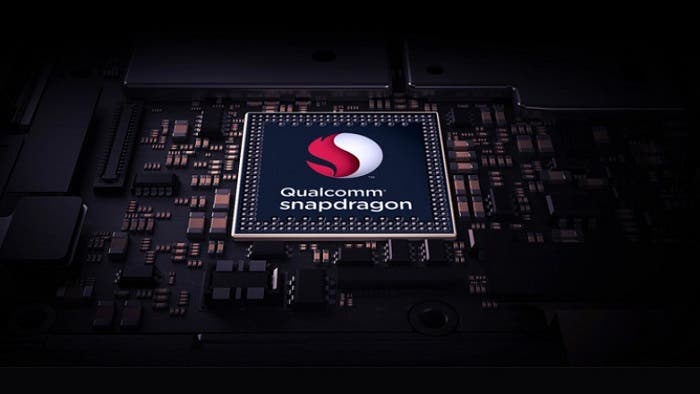With the introduction of ARM Cortex A78 and Cortex X1, Qualcomm’s next-generation flagship SoC surfaced. According to recent reports, Qualcomm’s next-generation flagship SoC will be named the Snapdragon 875. Furthermore, this chip will likely feature a combination of Cortex X1 Super Core + Cortex A78. There are also reports that Samsung’s next-generation Exynos flagship SoC will also feature a combination of Cortex X1 + Cortex A78.

Snapdragon 875 will retain the triple cluster architecture
Starting with the Snapdragon 855, Qualcomm has introduced a “1+3+4” triple cluster architecture on its flagship SoC. This architecture consists of one super core + three large cores + four energy-efficient cores. Snapdragon 865, for example, is made up of 1 high-frequency Cortex A77 + 3 Cortex A77 + 4 Cortex A55 energy-efficient cores.
This time the Qualcomm Snapdragon 875 has the potential to deliver a truly super-core Cortex X1. According to ARM, the Cortex X1 will deliver a 30% higher peak performance than the Cortex-A77. Relative to the Cortex-A78, the Cortex-X1 has a 23% improvement in integer performance. Also, the Cortex-X1 has twice the machine learning capabilities of the Cortex-A78.
If the Qualcomm Snapdragon 875 uses the Cortex X1 +Cortex A78 architecture, it will probably continue the “1+3+4” combination. This processor will no doubt create a new record in chip performance in the Android camp.
As is customary, the Qualcomm Snapdragon 875 will be unveiled in Q4 this year. Previously, there were rumors that this new processor will arrive early. However, the early arrival of this chip is now in doubt due to the coronavirus pandemic. As of now, we can not tell if Qualcomm will still release the Snapdragon 875 early.
There’s no doubt that the Qualcomm Snapdragon 875 will be standard on the Android flagship in 2021. The likes of Xiaomi will like to be the first to use this chip. However, Xiaomi seems to be very interested in MediaTek’s Dimensity 5G chips. However, it is most unlikely that MediaTek will pose any real threat to Qualcomm’s flagship mobile chips.





